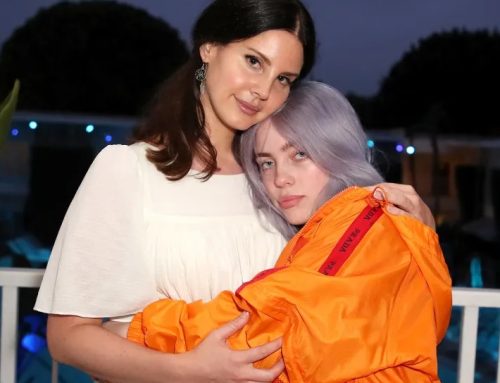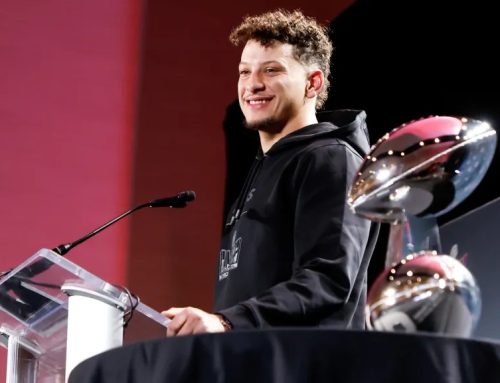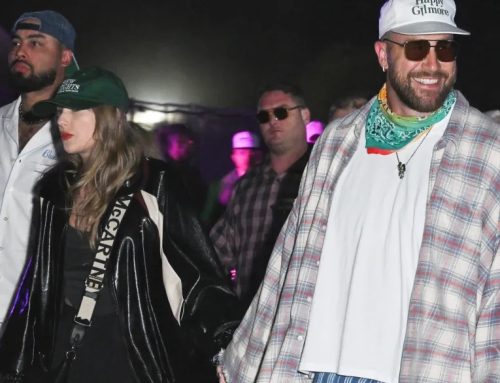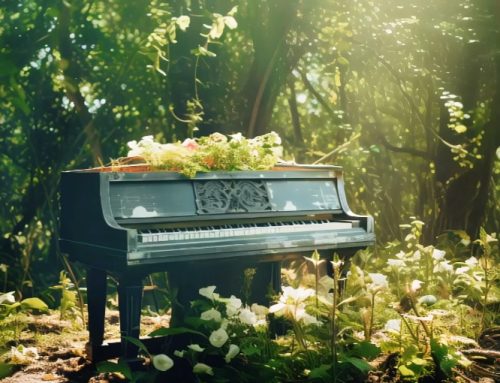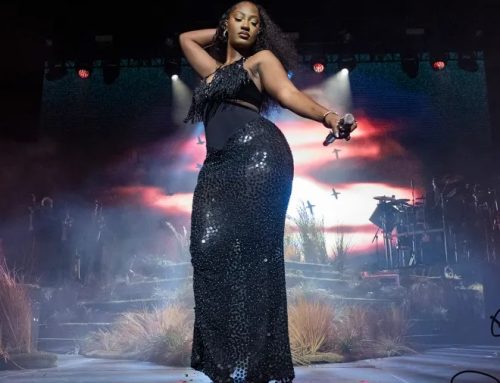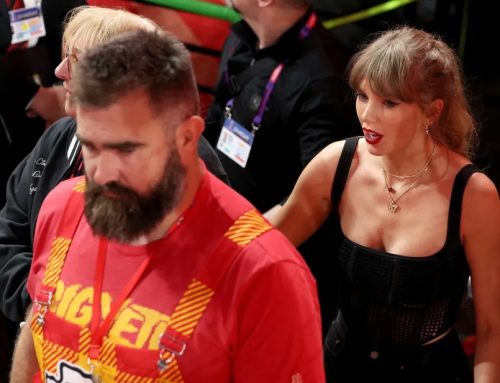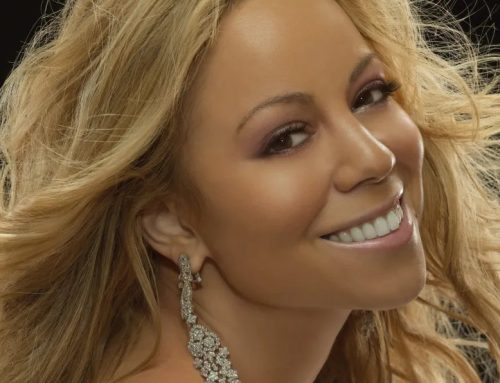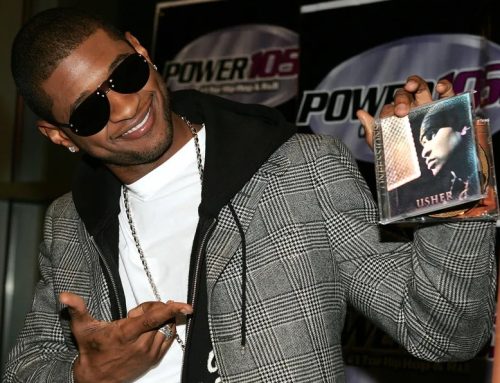Most radio stations aren’t playing Taylor Swift’s No. 1 album Fearless (Taylor’s Version) for one simple reason: They don’t care for it. Not enough, anyway, to adjust their “gold” catalogs by substituting “Love Story (Taylor’s Version)” for the original 2008 hit “Love Story.”
“I love Taylor Swift, I love her music, I just don’t think we need a re-do,” says Julie Stevens, program director for country station 95.3 KRTY in San Jose, Calif. “KRTY likes to focus on the new stuff, and that’s not really new — that’s something ancient, as a matter of fact.”
Swift has spent the past couple of years re-recording her hit albums, after Scooter Braun‘s Ithaca Holdings bought her first label Big Machine Label Group and took ownership of the original master recordings. She released the new version of her 2008 best-seller Fearless on April 9, and it hit No. 1 in its first week, then returned to the top spot in mid-October.
Fans have streamed Fearless (Taylor’s Version) like crazy, boosting it to 774,000 equivalent album units through Oct. 8, according to MRC Data, even though it’s hard to detect the differences from the original tracks; the new “Love Story” alone has 142 million Spotify plays and 27 million YouTube views. According to Billboard estimates, Fearless (Taylor’s Version) has generated $9.6 million in revenue, including $8.63 million in sales and streaming and $962,000 in publishing; Swift’s cut would be roughly $8.17 million.
But radio is a conspicuous holdout, spinning songs from the album just 12,000 times through Oct. 8, compared to 21,000 for the original Fearless release.
Swift promoted the Fearless (Taylor’s Version) tracks via social media and in appearances like a recorded video on “Good Morning America,” but a source close to her label, Republic Records, says its promotions team is concentrating on her latest new single, “Willow,” in lieu of any Fearless tracks. One reason for the lack of a promotional push may be that Swift stands to make little revenue from airplay of the new versions — broadcasters pay songwriting royalties every time they spin a song, so Swift would get that revenue either way. Stations do not have to pay artists or labels for use of master recordings, so the new versions aren’t worth much in radio revenue.
And while radio can drive listeners to streaming services, fans are already streaming the new versions on their own.
Several country programmers say they simply haven’t played Fearless tracks in years, and the new versions aren’t strong or distinctive enough to change their minds. “If I were playing gold from the ‘Fearless’ album, I would play the versions that were hits back in the day,” says Bruce Logan, operations manager and brand content director at Hubbard Broadcasting, which owns seven stations in West Palm Beach, Fla., including New Country 103.1.
Johnny Chiang, Cox Media Group’s country format coordinator, says he will add the new Fearless versions to his stations’ research process, playing song snippets to listeners — but he doesn’t expect much reaction. “I don’t know if someone in five or six seconds will be able to tell that’s different,” says Chiang, who hasn’t aired the new tracks. “It’s not a conscious decision to play them or not play them. We just haven’t really thought about it.”
He adds, however: “It’d be stupid for any radio station — anybody in our business — not to be in the Taylor Swift business.”
Country stations such as WPOC in Baltimore, KUPL in Portland, KKBQ in Houston and MNB in Minneapolis have added the new Fearless tracks to playlists. K-105.3, in Jackson, Mich., plays the new version of “Love Story” every three or four days, although the nuances of the new and old versions might be lost on listeners. Jarred Hammond, the pop station’s program director, says: “I don’t even know if they can tell the difference, honestly.”
KHAS, in Hastings, Neb., airs “Love Story” 12 to 15 times a week, which, according to the adult-contemporary station’s program director Brad Beahm, is “50 to 75% of what a new Taylor Swift song would do.” He adds: “It’s not something that would be a distraction. If we’re playing the new versions, that she prefers, it doesn’t really hurt me in any way, and if it might help, then great.”
A source close to Swift’s label, Republic Records, said stations chose to play Fearless (Taylor’s Version) tracks on their own while the label — which hasn’t worked any of the songs to radio — was concentrating on promoting her latest single, “Willow,” in lieu of any Fearless tracks.
For heavily formatted radio stations, Swift’s new versions of her old tracks are difficult to categorize — do they fit on new country playlists, or classic country, or adult-contemporary, or another pop format? The decision might be easier, programmers say, if listeners were clamoring for the tracks via phone, email or social media. But they aren’t. “I just don’t know that anyone cares, really,” says Stevens of KRTY, which mentioned the tracks in a spoken news segment but hasn’t played them. “Do they want to hear it 40 times a week? I’m thinking no.”



